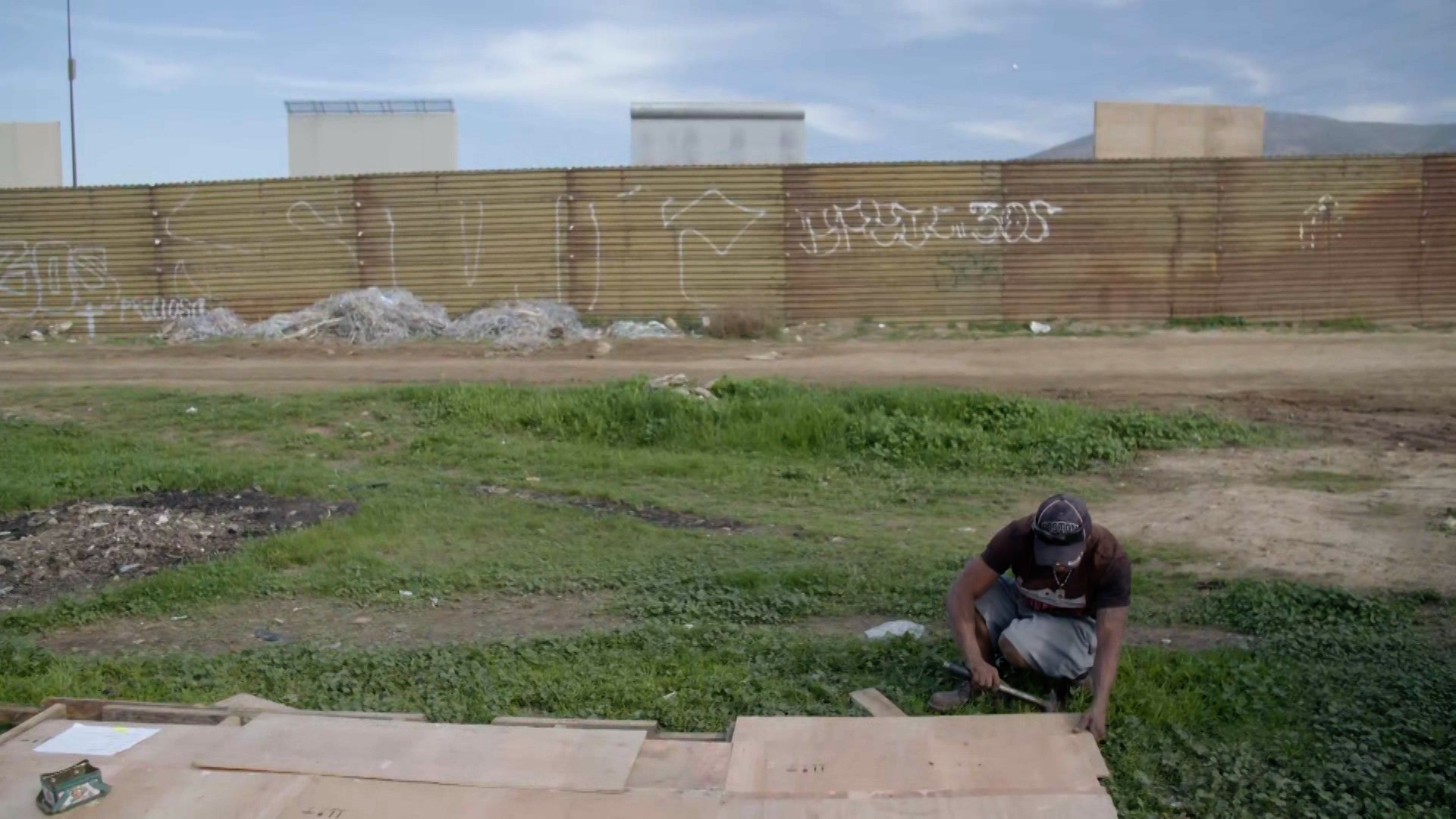Photo by Amanda Edwards/Getty Images
Yalitza Aparicio isn't quite used to her stardom. The star of Alfonso Cuarón's Roma, whose performance is generating Oscar-nomination buzz, had just graduated from teaching school when she got the role of Cleodegaria "Cleo" Gutiérrez, a domestic worker living in 1970s Mexico City.Aparicio only auditioned for Roma at her sister's insistence, and soon after got a callback.
Laura Tillman for the New York Times writes that there was a gap before the application season for teaching jobs so Aparicio decided to take on the project. “She says, ‘Well, I think I can do it,’” Cuarón recalled to Tillman. “‘I have nothing better to do.’” Aparicio, who had never acted before Roma and speaks little English, has since been in a whirlwind of fame. She hadn't even watched the film until she traveled to Italy for its premiere at the Venice Film Festival. The 25-year-old is hopeful about being nominated for an Oscar because she feels it will send a powerful message to Hollywood and beyond.
“I’d be breaking the stereotype that because we’re Indigenous we can’t do certain things because of our skin color,” she told the New York Times. “Receiving that nomination would be a break from so many ideas. It would open doors to other people—to everyone—and deepen our conviction that we can do these things now.”
Mexico's Indigenous population is estimated to be 12.6 percent of the wider population and 80.6 percent of the Indigenous population are considered to be "extremely poor," according to a 2015 United Nations report.
Aparicio, who had never acted before Roma and speaks little English, has since been in a whirlwind of fame. She hadn't even watched the film until she traveled to Italy for its premiere at the Venice Film Festival. The 25-year-old is hopeful about being nominated for an Oscar because she feels it will send a powerful message to Hollywood and beyond.
“I’d be breaking the stereotype that because we’re Indigenous we can’t do certain things because of our skin color,” she told the New York Times. “Receiving that nomination would be a break from so many ideas. It would open doors to other people—to everyone—and deepen our conviction that we can do these things now.”
Mexico's Indigenous population is estimated to be 12.6 percent of the wider population and 80.6 percent of the Indigenous population are considered to be "extremely poor," according to a 2015 United Nations report.
Advertisement

While Aparicio isn’t sure if she’ll continue to act—she says molding the minds and hearts of children is much easier than changing the ingrained beliefs of adults—she does believe the film is educating people in its own way. The backdrop of the film is Mexico's Dirty War (which left thousands of political dissidents, students, and activists dead or disappeared in the 1960s, 70s, and early 80s) culminating in a scene of Mexico’s Corpus Christi Massacre of 1971.And while the film isn't intended to be overtly political according to Cuarón, it does speak to class systems.“It shouldn’t matter what you’re into, how you look," Aparicio says, "you can achieve whatever you aspire to."
